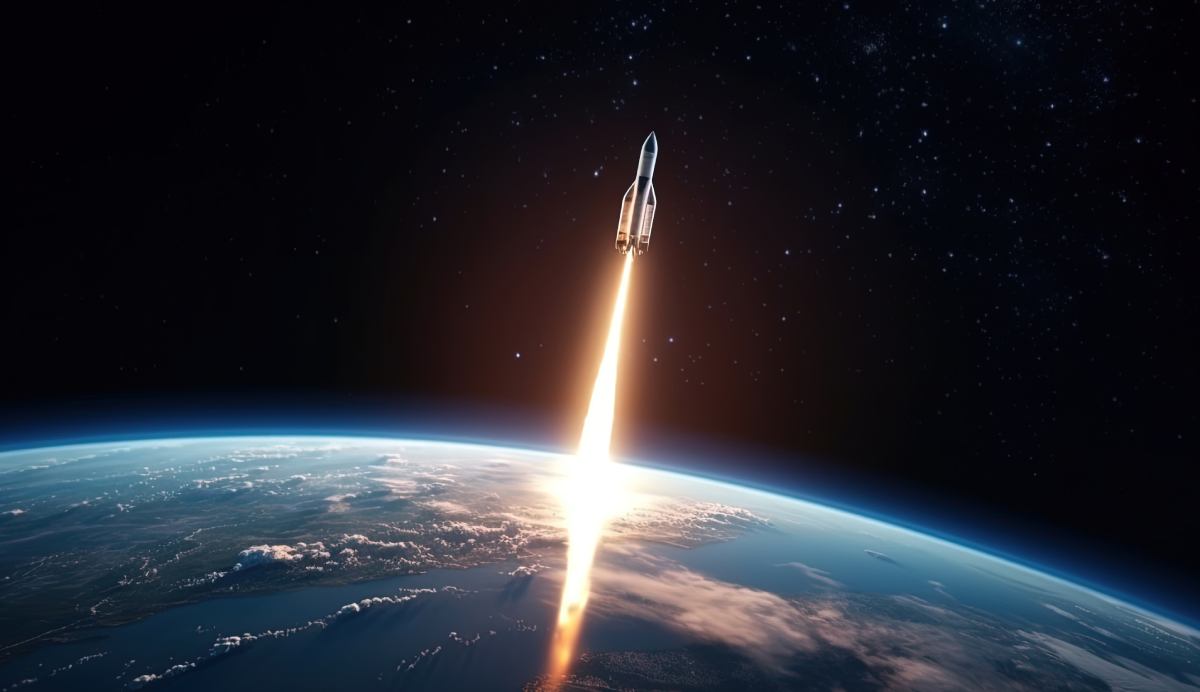SPACE EXPLORATION
23
Space Exploration
Space exploration refers to the use of spacecraft, telescopes, rovers, and other technologies to explore outer space and gather information about celestial bodies, the universe, and cosmic phenomena. It has been a fundamental aspect of scientific discovery, technological innovation, and human curiosity.
Here are key aspects of space exploration:
1.Unmanned Space Exploration:
- Probes and Satellites: Unmanned spacecraft, such as satellites and space probes, are used to study celestial bodies, gather data, and conduct experiments. Examples include the Hubble Space Telescope, the Mars rovers (Curiosity and Perseverance), and the Voyager probes exploring the outer reaches of the solar system.
2.Manned Space Exploration:
- Human Spaceflight: Manned missions involve sending astronauts into space to conduct experiments, repair satellites, and explore the International Space Station (ISS). The iconic Apollo moon missions and contemporary ventures like the Artemis program, aiming to return humans to the Moon and prepare for Mars exploration, are notable examples.
3.International Collaboration:
- International Space Station (ISS): A symbol of international cooperation, the ISS is a habitable artificial satellite where astronauts from different countries conduct scientific research in microgravity. Partners include NASA (United States), Roscosmos (Russia), ESA (European Space Agency), JAXA (Japan Aerospace Exploration Agency), and CSA (Canadian Space Agency).
4.Robotic Space Telescopes:
- Hubble Space Telescope: Launched in 1990, the Hubble Space Telescope has provided breathtaking images and valuable data about distant galaxies, nebulae, and other cosmic phenomena. It continues to be a crucial tool for astronomers.
5.Planetary Exploration:
- Mars Exploration: Robotic rovers like Curiosity and Perseverance explore the Martian surface, searching for signs of past or present life. Mars missions contribute to our understanding of the planet's geology, atmosphere, and potential habitability.
- Outer Planets: Probes like Voyager 1 and 2 have provided insights into the outer planets of our solar system, including Jupiter, Saturn, Uranus, and Neptune.
6.Private Space Companies:
- SpaceX: Private companies, led by SpaceX and Elon Musk, have become significant players in space exploration. SpaceX has developed reusable rocket technology, launched commercial satellites, resupplied the ISS, and has ambitious plans for interplanetary travel.
- Blue Origin: Founded by Jeff Bezos, Blue Origin focuses on developing reusable rocket systems and aims to make space travel more accessible.
7.Search for Extraterrestrial Life:
- SETI (Search for Extraterrestrial Intelligence): Scientists use radio telescopes to listen for signals from intelligent extraterrestrial civilizations. The search for exoplanets in the habitable zone, where conditions may support life, is also a key focus.
8.Technological Advancements:
- Advances in Propulsion: Ongoing research explores new propulsion technologies, such as ion drives and nuclear propulsion, to enable faster and more efficient space travel.
- Space Tourism: Developments in commercial space travel aim to make space tourism a reality, allowing private citizens to experience space.
Space exploration continues to push the boundaries of human knowledge, answering fundamental questions about the cosmos, our place in the universe, and the potential for life beyond Earth. As technology advances and new missions are planned, the exploration of space promises to reveal even more about the mysteries of the cosmos.
Space travel:
1.Historical Milestones:
- Sputnik 1 (1957): The Soviet Union launched the first artificial satellite, Sputnik 1, marking the beginning of the space age.
- Yuri Gagarin (1961): Yuri Gagarin became the first human to orbit the Earth, a historic achievement for space exploration.
- Apollo Moon Missions (1969-1972): The United States' Apollo program successfully landed astronauts on the Moon, with Neil Armstrong and Buzz Aldrin taking the first steps on its surface during the Apollo 11 mission in 1969.
2.International Space Station (ISS):
- The ISS, a multinational collaborative project involving space agencies from the United States, Russia, Europe, Japan, and Canada, serves as a space laboratory for scientific research and international cooperation.
- Astronauts and cosmonauts from various countries live and work on the ISS, conducting experiments in microgravity and advancing our understanding of life in space.
3.Robotic Exploration:
- Unmanned robotic missions, such as those conducted by NASA's rovers on Mars (e.g., Spirit, Opportunity, Curiosity, and Perseverance), have provided valuable data about the geology and potential habitability of other planets.
- Space probes, like Voyager 1 and 2, have ventured beyond the solar system, providing insights into the outer planets and interstellar space.
4.Space Agencies:
- NASA (National Aeronautics and Space Administration): The United States' space agency is a leader in human and robotic space exploration, conducting missions ranging from Earth observation to deep space exploration.
- Roscosmos: The Russian space agency, with a rich history in space exploration, continues to contribute to human spaceflight and satellite launches.
- ESA (European Space Agency): ESA is an intergovernmental organization that collaborates on various space missions, including Earth observation, planetary exploration, and astronomy.
- CNSA (China National Space Administration): China has made significant strides in space exploration, with successful missions like the Chang'e lunar exploration program and the Tianzhou cargo spacecraft.
5.Private Space Companies:
- SpaceX: Founded by Elon Musk, SpaceX has revolutionized space travel with reusable rocket technology, the development of the Falcon and Starship spacecraft, and plans for interplanetary travel.
- Blue Origin: Founded by Jeff Bezos, Blue Origin focuses on developing reusable rocket systems to enable commercial space travel and exploration.
6.Future Exploration:
- Artemis Program: NASA's Artemis program aims to return humans to the Moon and establish a sustainable presence, with the goal of preparing for future crewed missions to Mars.
- Mars Exploration: Mars remains a key target for exploration, with plans for crewed missions in the coming decades, building on the knowledge gained from robotic missions.

































































